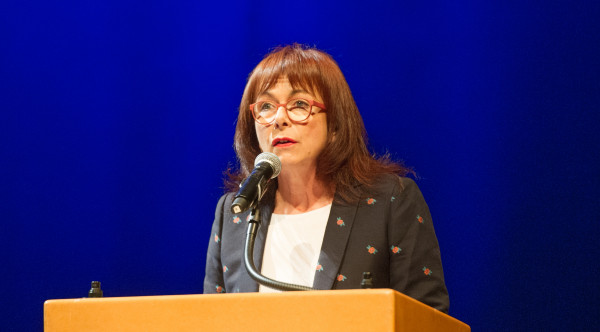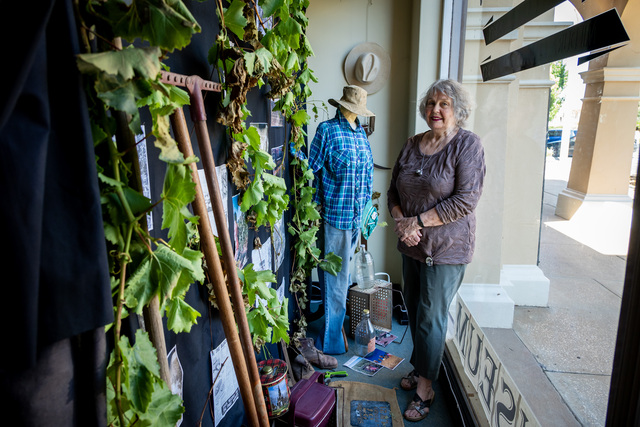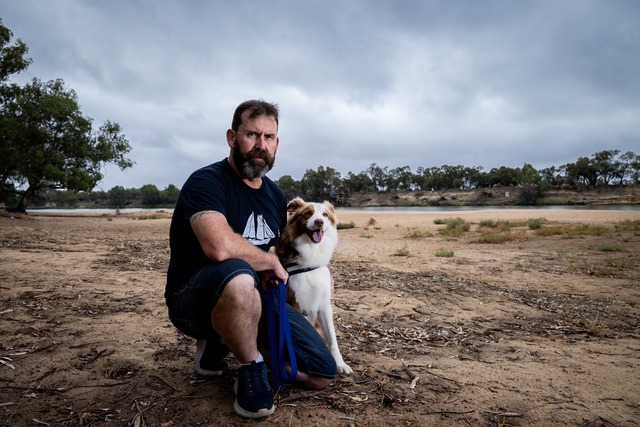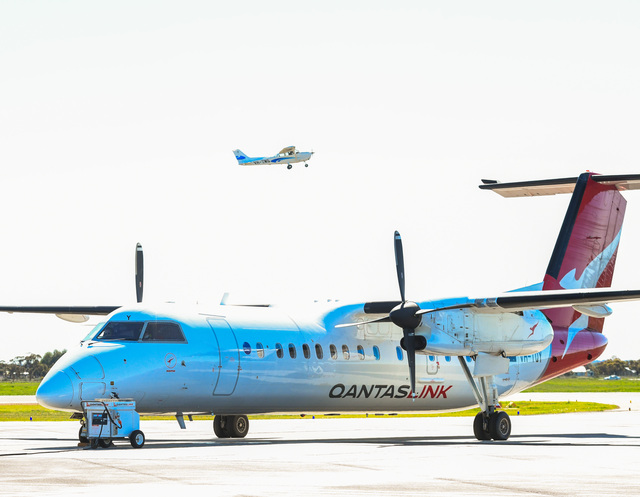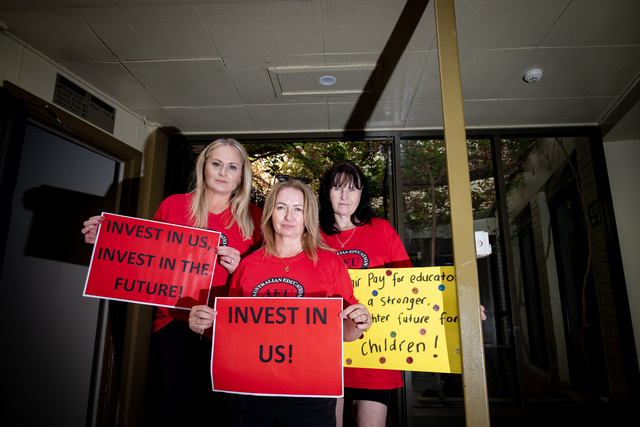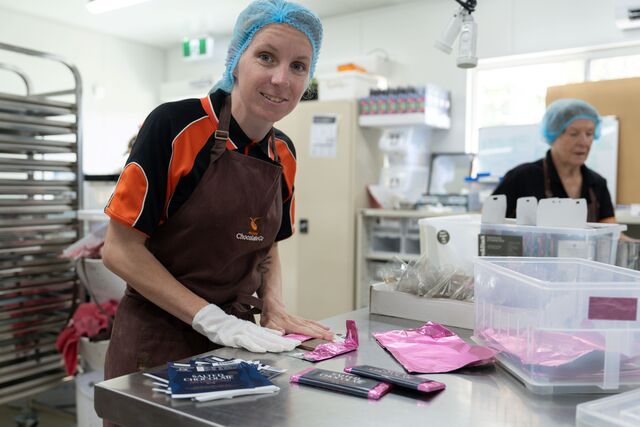MEMBER for Mallee Anne Webster says she is leaving no stone unturned in lobbying the Federal Government about an impending horticulture labour crisis for the Sunraysia horticulture industry and will speak to Prime Minister Scott Morrison about the shortage next week.
“We have a critical agricultural workforce issue as has been reported,” she said on Tuesday.
“It is vital that we get the fruit off the trees and to market.
“We need an enduring solution, not a quick fix, so our producers have the workforce available to them where and when they need it, and with the right skills.”
Dr Webster said she had met and spoken with producers in Swan Hill, Robinvale and Mildura, who had all made clear what was at stake during the critical picking season starting in November.
“Swan Hill (growers) talk about $50 million of produce that will fall to the ground and rot if we can’t get the workforce,” she said.
“So it’s critical.
“November, December is the timeline so we’ve got this critical period, which is why I am pushing so hard.
“The inability to get the workers we need for the region continues to put at risk an estimated $1 billion for the horticultural industry in the Mallee.
“It’s a disaster for our growers and communities.”
Agriculture Minister Bridget McKenzie and Deputy Prime Minister Michael McCormack have both visited the Mallee in the past week.
Dr Webster said she had also spoken to Foreign Affairs Minister Marise Payne, Immigration Minister David Coleman, Employment Minister Michaelia Cash, Home Affairs Minister Peter Dutton, Drought and Rural Finance Minister David Littleproud, Resources Minister Matt Canavan and Education Minister Dan Tehan.
“They are all hearing from me and in no uncertain terms just what a significant an issue this is for the region,” she said.
Dr Webster said intake increases to working holiday visas for Vietnam from 100 places to 1100, Singapore from 500 to 2500 and Malaysia from 100 to 1100 were positive.
“That’s all welcome, but it’s still not enough,” she said.
“I’m really conscious that it’s not enough and I’m keeping the pressure on my colleagues because our agricultural industry is the bedrock of our community and our prosperity.”

